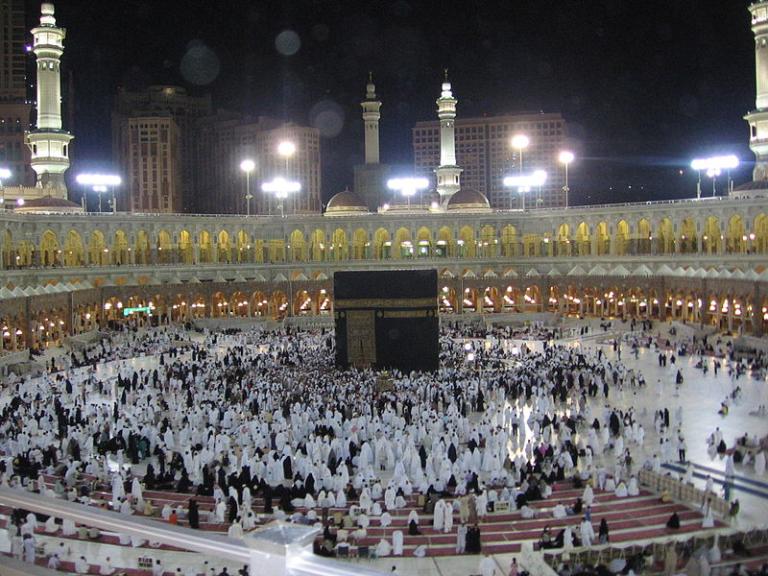
I continue with notes to myself from John L. Esposito and Dalia Mogahed, Who Speaks for Islam? What a Billion Muslims Really Think (New York: Gallup Press, 2007):
The Qur’an repeatedly teaches that both disbelief and variety in religious opinions exist with the permission of God or even by his will, and that, accordingly, no Muslim is obligated to eliminate such disagreements by coercion on his behalf. Consider, for example, these passages:
If it had been God’s will, they would not have practiced o so. We have not made you their keeper, nor are you responsible for what they do. (Qur’an 6:107)
We know best what the disbelievers say. You are not there to force them. (Qur’an 50:45)
And if it distresses you that those who deny the truth turn their backs on you . . . [remember that] if God had so willed, He could bring them all to guidance. So do not join the ignorant. (Qur’an 6:35)
God is self-sufficient, and does not need coercion in acquiring believers:
The throne of God extends over the heavens and the earth, and it does not weary Him to preserve them both. And He alone is truly the Most High and the Powerful. There is no compulsion in religion. (Qur’an 2:255-256)
Esposito and Mogahed wrote their book (and chose its title) on the basis of massive Gallup surveys of Muslim attitudes in a wide variety of nations:
The multiple meanings of jihad were captured in a 2001 Gallup Poll in which 10,004 adults in nine predominantly Muslim countries were asked an open-ended question: “Please tell me in one word (or a very few words) what ‘jihad’ means to you.”
In the four Arab nations polled (Lebanon, Kuwait, Jordan, and Morocco), the most frequent descriptions of jihad were “duty toward God,” a “divine duty,” or a “worship of God” — with no reference to warfare. However, in three non-Arab countries (Pakistan, Iran, and Turkey), significant minorities mentioned “sacrificing one’s life for the sake of Islam/God/a just cause” or “fighting against the opponents of Islam.” An outright majority mentioned these in non-Arab Indonesia. (20-21)
They partially explain the wide variety in responses by alluding to a famous hadith of Muhammad:
The two broad meanings of jihad, nonviolent and violent, are contrasted in a well-known prophetic tradition that reports the Prophet Muhammad returning from battle to tell his followers, “We return from the lesser jihad [warfare] to the greater jihad.” The greater jihad is the more difficult and more important struggle against ego, selfishness, greed, and evil. (21, italics altered)
Esposito and Mogahed insist that, however they define the word, Muslims always use jihad in a positive sense, referring to a struggle that is both just and ethical, and they draw from this fact a warning for people in the West about how we should use the term:
This means that calling acts of terrorism jihad risks not only offending many Muslims, but also inadvertently handing radicals the moral advantage they so desperately desire. (21)












